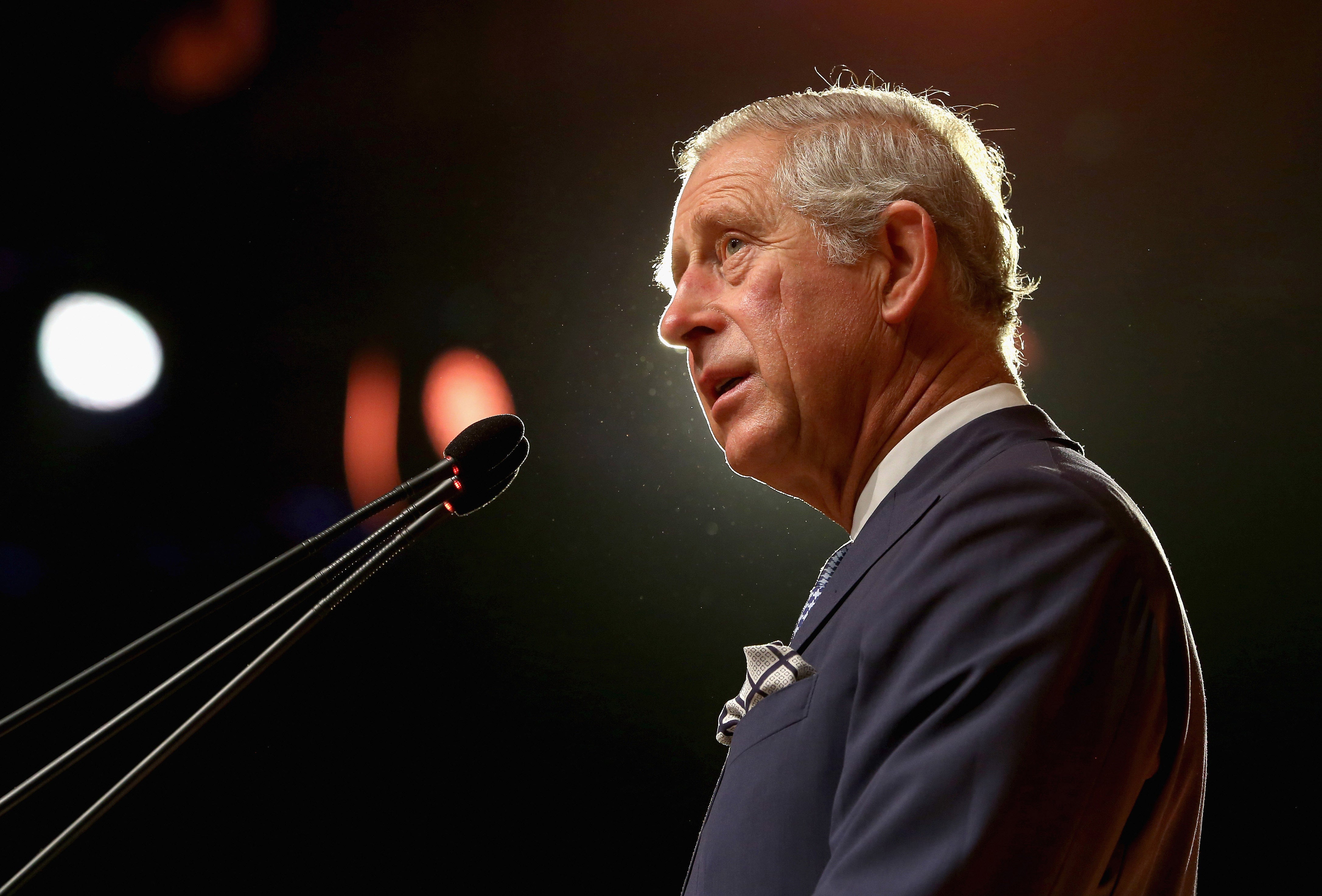Queen’s death raises fundamental questions over future of monarchy
Charles ‘doesn’t have that sense of mystique’ that surrounded his mother, leading historian says

The Queen’s death has sparked fundamental questions about the future of the monarchy, a royal historian has said.
Professor Anna Whitelock suggested the Duke of Cambridge, rather than the Prince of Wales, might be a better prospect as King for the institution’s survival.
But she said Charles would not step down in favour of his son, so his commitment to his role could potentially be the demise of the monarchy.
The author said that while the Queen was the lynchpin of the monarchy, Charles lacks the “mystique” that surrounded his mother.
“There’s going to be all kinds of questions about the relevance of monarchy, about whether in fact Charles is the best embodiment of monarchy,” Prof Whitelock told the PA news agency.
“We know that he’s dabbled in politics. He doesn’t have the kind of mystique of monarchy that the Queen had. We know in great detail Charles’s back story in terms of his relationships.
“We know so much about him. He doesn’t have that sense of mystique. I don’t think he commands the reverence that I think the Queen had.”
She added: “So in many ways it’s going to raise some very big questions about what the monarchy is for, what it represents – not just in Britain but in other parts of the Commonwealth. The Queen was very much the lynchpin of all of that.”
Prof Whitelock, professor of the history of monarchy at City University, suggested that the Duke of Cambridge – now heir to the throne – might be a better choice of sovereign to ensure the monarchy’s survival.
“If William were succeeding that would be the best prospect for the monarchy – a younger, more accessible face of the monarchy,” she said.
“There’s no way Charles will step down. In a sense, him being committed to his role might be the demise of the monarchy, actually.”
The time leading up to the new King’s coronation could be a turbulent one, according to Prof Whitelock.
“Coronations don’t happen quickly anyway historically. They take some time. But the Queen’s funeral will be absolutely immense.
“It’s going to be a hard time while everybody is committed to paying due reverence to the Queen, grieving her properly, but almost at the same time there will be a massive: ‘Oh my God, what’s going to happen to the monarchy now?'”
In 1994, as a passionate advocate of religious tolerance, Charles caused controversy when he spoke of his desire to become “Defender of Faith” rather than “Defender of the Faith” when king – raising the prospect of a major change in the ancient relationship between the Church and the monarchy.
Charles later said in 2015 that he believed it was possible to be “Defender of the Faith” as well as being a protector of faiths.
Prof Whitelock, who is also director of the Centre for the Study of Modern Monarchy, said such a switch was not a straightforward one, adding: “All of these things make nice soundbites, but the implications are huge.”
Subscribe to Independent Premium to bookmark this article
Want to bookmark your favourite articles and stories to read or reference later? Start your Independent Premium subscription today.
